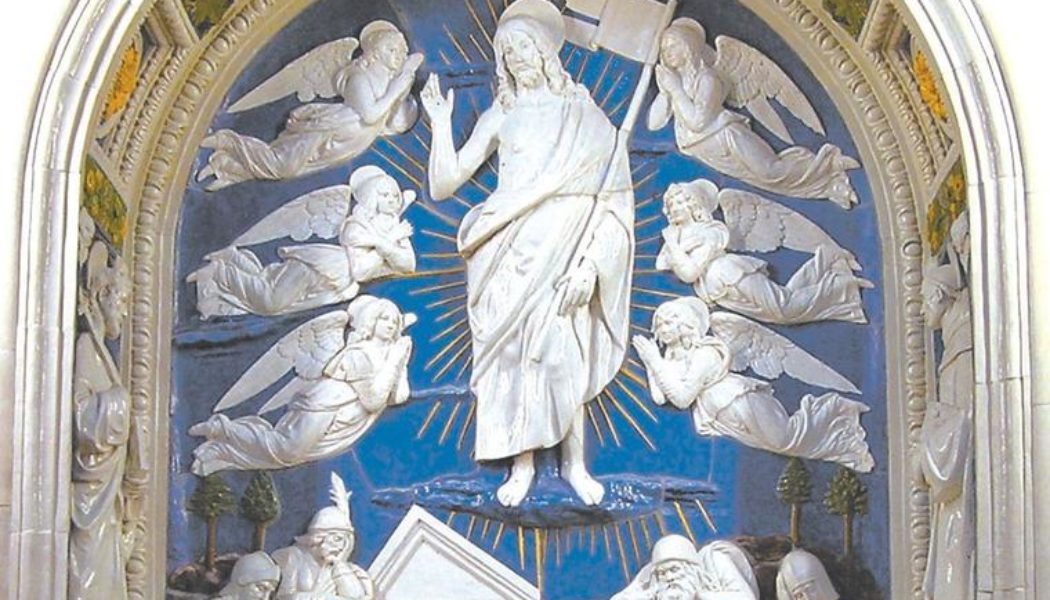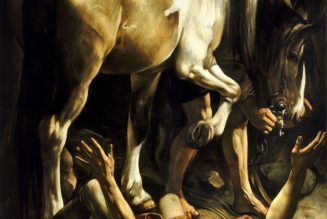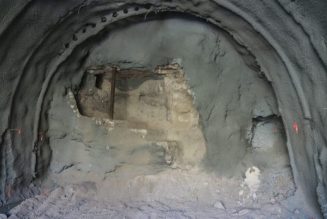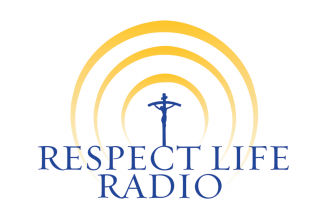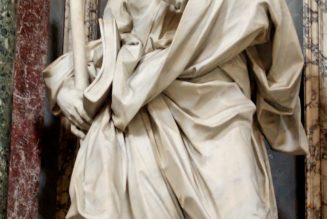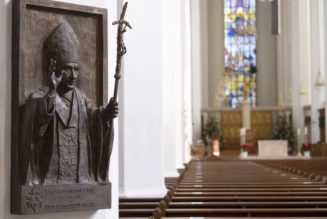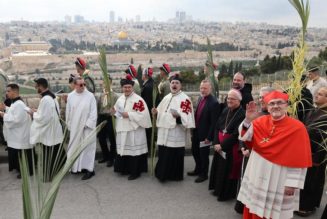
One of the classic practices of Catholic spirituality is the particular exam, which is a positive resolution to do something concrete to grow in a specific virtue or eliminate a vice or imperfection.
For example, if you want to grow in humility, you might make a particular exam to listen to others’ opinions before you share your own, or do menial tasks you would prefer not to do, or praise others rather than yourself.
Once you make a particular exam, then you check in three to five times a day on how well you’ve kept it, resolving to keep at it until a good new habit takes solid form. Some particular exams can rather quickly lead to a new virtue. Others can require weeks or months of consistent effort. But to grow in virtue and progress spiritually, it’s one of the most powerful practices.
If over the course of a year one makes several sequential particular exams, one can advance a lot in virtue. If one does so regularly over a decade or two, the growth can be monumental.
One of the most consequential particular exams I ever made was on Easter Sunday morning 20 years ago. I was meditating on St. Mary Magdalene’s announcing to the apostles who were fearfully huddling in the Upper Room, “I have seen the Lord!” (John 20:18).
I thought about what it must have been like to hear those words for the first time and eventually to experience the reality of Christ’s rising from the dead, when soon afterward Christ came through the closed doors of the Upper Room to greet and wish peace to the apostles. It would have changed everything, their grief, fears, confusion and so many what-ifs. Jesus’ resurrection spiritually raised them from the dead.
I wondered what would happen if I formulated a particular exam to ponder Mary Magdalene bursting in to my day-to-day life saying, “I have seen the Lord!” I thought about how my getting out of bed in the morning would change if she careened into my room screaming the Lord had risen. I mused on what would occur if I was experiencing a headache or suffering the effects of a sports injury if she proclaimed that the stone had been rolled away and he had called her in the garden. I meditated on how that greatest news ever told would change how I did my work, ate, handled daily contradictions and difficult people, as well as everything else.
By the end of that Holy Hour, I had committed to keeping that particular exam for the 50 days of the Easter season. The fruits were life-changing.
That particular exam concretized for me the reality that the Risen Lord Jesus is still risen, is still with us until the end of time, and wants to share each day with us full time.
It also made tangible St. Paul’s words on which the Church reflects on Easter morning at Mass: “If then you were raised with Christ, seek what is above, where Christ is seated at the right hand of God. Think of what is above, not of what is on earth. For you have died, and your life is hidden with Christ in God” (Colossians 3:1-3). Recognizing that the Risen Lord Jesus was with me made it so much simpler to lift up my heart to what he desires, to elevate my thoughts to what God cares about, to seek his Kingdom rather than grasp onto the things of this world.
Later in this passage, St. Paul tells us that to seek what is above means to put to death in us whatever is earthly and to live with the Risen Christ and his long list of virtues. After acting on the particular exam for a while, and living as if every day is Easter Sunday, I found doing so much easier.
The fruits of that Easter season catalyzed by that particular exam have lasted. Still today, if I’m experiencing some situation of failure, sadness or anger, I ask how I would look at the same situation if Mary Magdalene burst into my office or sacristy or car. It almost always, immediately, changes my entire approach.
What seconds earlier was a big deal morphs into nothing compared to the much Bigger Deal and Reality that Christ risen from the dead is with me in the midst of it.
I’ve been thinking about this particular exam a lot — and suggesting it to spiritual directees with greater frequency — as we confront the evil we’re witnessing with the war in Ukraine, not to mention the various other challenges of our time in history, or the routine personal, psychological, spiritual, familial, work-related, economic and other issues that people face in every age.
To remember the reality of the Resurrection doesn’t make what’s happening in the Ukraine any less evil, but it does remind us that evil does not have the last word.
The fact that the Risen Christ remains with us doesn’t mean, after we see the bombing of a theater sheltering hundreds, that we start humming Jesus Christ Is Risen Today, but it does mean that their sad and avoidable deaths are not the end.
While the fact of the Resurrection and Jesus’ risen presence doesn’t take away the pain or horror of atrocities, it contextualizes them in a much greater and hopeful reality. And if that’s what it can do for industrial-scale death and destruction, it can also help us with the other challenges, hardships and horrors we face.
Over the course of the years since I first made that particular exam, I have learned various ways to buttress it.
The first is in the celebration of the Mass. I have had the privilege about 15 times to celebrate Mass inside the tomb of Christ within the Basilica of the Holy Cross in Jerusalem. Each time I do, I am conscious that I am returning the risen body of the Lord Jesus to the empty tomb. If that’s not incredible enough, I marvel — and try to help pilgrims to do so — that I then put that same risen Lord Jesus into communicants. He who promised that whoever eats his flesh and drinks his blood will live forever makes a down payment on that promise by allowing us to enter into communion with him, here and now, risen from the dead.
The second is in the sacrament of confession. Jesus founded this privileged encounter on Easter Sunday night to communicate, I believe, that every reconciliation is a resurrection, as God the Father is able to say to us, with the words of Jesus’ Parable of the Prodigal Son, “My son was dead and has come back to life again.”
The third is in prayer, where we spend time with the Risen Lord Jesus. Closely allied to this is meditation on sacred Scripture and good spiritual reading, in which we strive to raise our thoughts to Christ’s.
The fourth is growing closer to Our Lady, who could never forget that her Son had risen from the dead or lose the joy that that reality communicated. We invoke her throughout the Easter season by the Regina Caeli, in which we, pondering her joy at her Son’s triumph, ask God the Father to grant us the same everlasting joy.
The fifth is celebrating for no reason other than the best reason of all: Jesus’ resurrection. Throughout the Easter season, I celebrate with some ice cream, or wine at meals, and other ways I enjoy, so that the grace of supernatural joy can build on natural ones.
The sixth is loving people by spreading the faith and doing works of charity. Paying the Risen Christ’s gifts forward is a far greater way to appreciate them.
Last is cooperation with the Holy Spirit, who not only raised Jesus from the dead, but leads us to “newness of life” (Romans 6:4). This is the newness the apostles experienced on Pentecost, which made them capable, in word and witness, to convey the truth of the Lord’s resurrection.
The Holy Spirit wishes to do the same moral resurrection in us. And perhaps he wishes to do it through a particular exam like he helped me to make 20 years ago.
Happy Easter!
Join Our Telegram Group : Salvation & Prosperity
